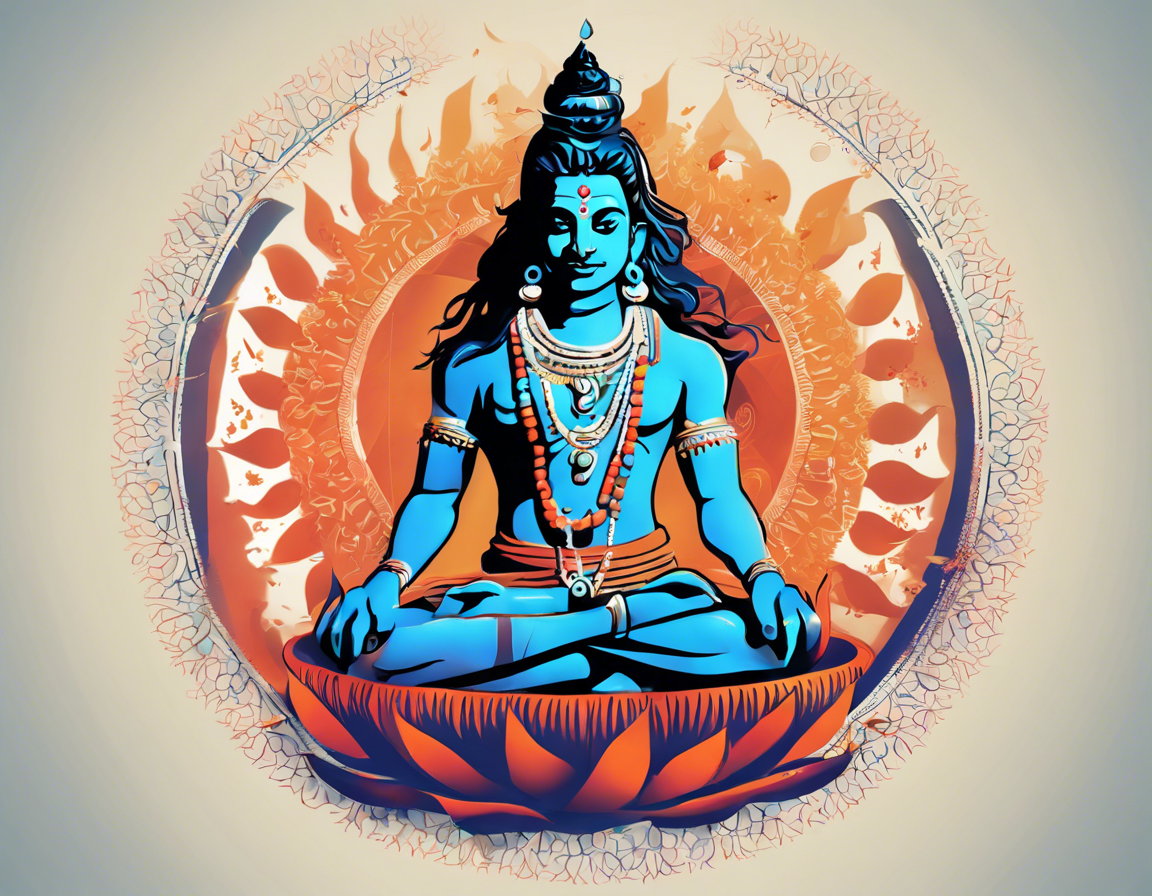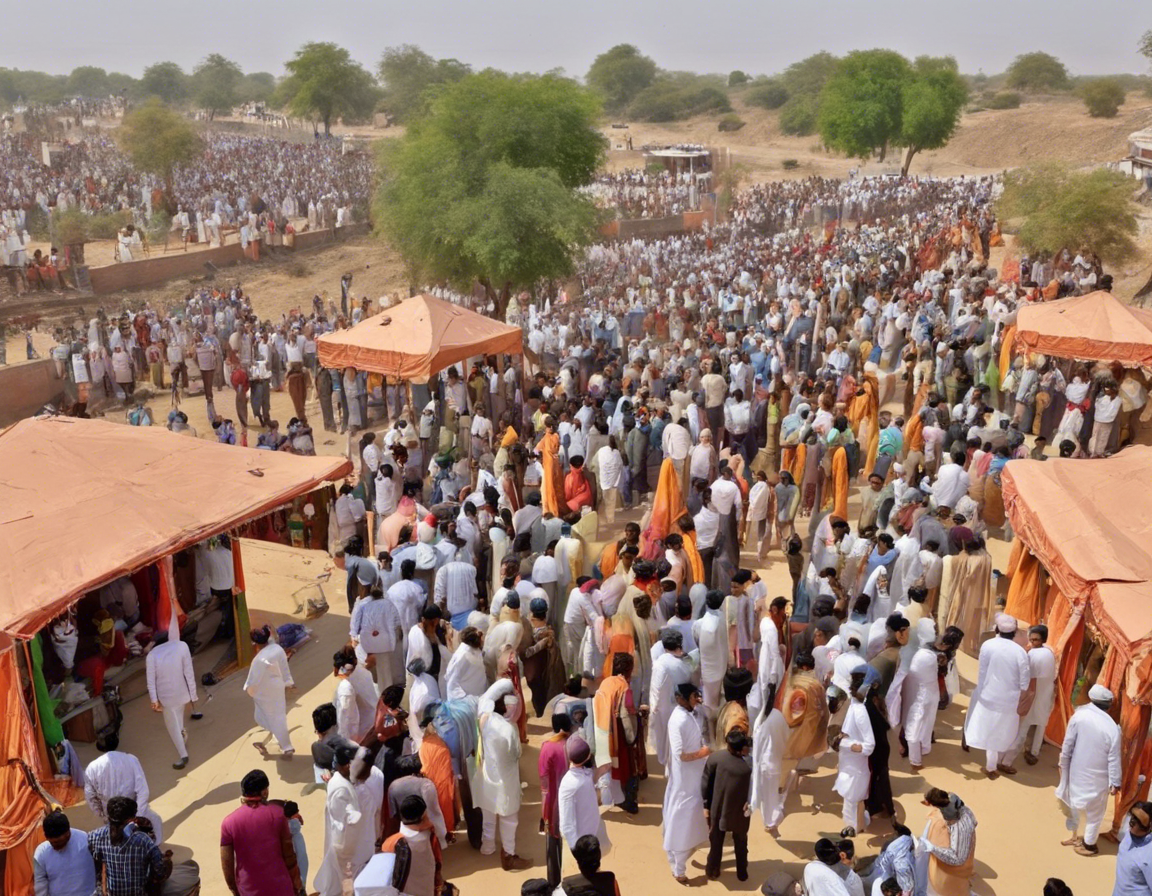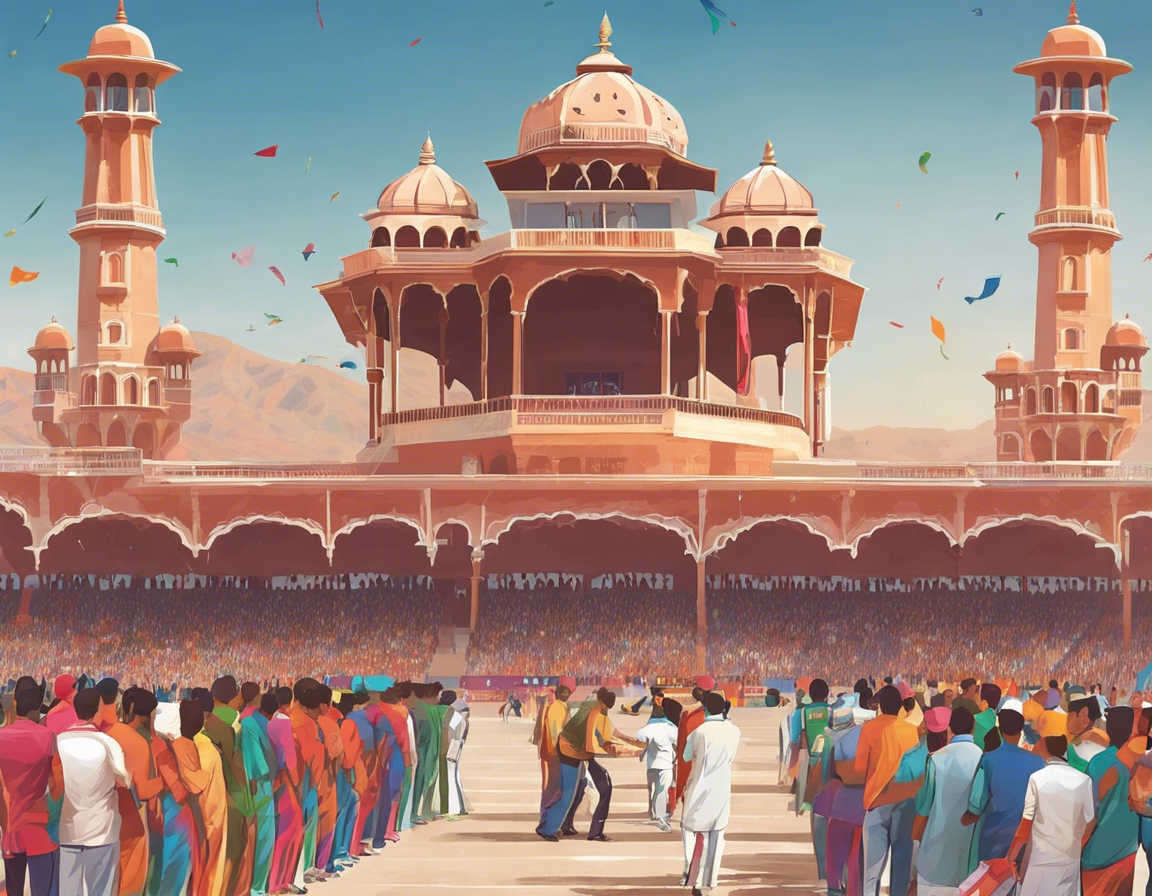
Introduction
Shivratri, also known as Maha Shivratri, is a significant Hindu festival celebrated annually in honor of Lord Shiva, one of the principal deities in Hinduism. This auspicious day holds great importance for millions of devotees across the world who observe various rituals and ceremonies to seek the blessings and grace of Lord Shiva. In 2024, Shivratri falls on the 28th of February and holds immense spiritual significance.
The Legend of Shivratri
Shivratri marks the convergence of Shiva and Shakti, symbolizing the cosmic dance of creation, preservation, and destruction. According to Hindu mythology, this day commemorates the divine marriage of Lord Shiva and Goddess Parvati. It is also believed to be the night when Lord Shiva performed the Tandava, the dance of primal creation, preservation, and destruction.
Rituals and Traditions
1. Fasting: Devotees observe a strict fast on Shivratri, abstaining from food and water for the entire day and night, known as nirjala vrat.
2. Worship: People visit temples and perform special pujas and abhishekas (ritual bathing of the Shiva Lingam) to seek the blessings of Lord Shiva.
3. Night Vigil: The night of Shivratri is spent in jagran, where devotees chant mantras, sing hymns, and meditate to express their devotion.
4. Offering Bel Patra: Bel Patra (leaves of the wood apple tree) is considered sacred and is offered to Lord Shiva along with fruits, flowers, and bhasma (ashes).
5. Lighting Diyas: Lighting diyas (oil lamps) is considered auspicious and is done to ward off negative energies and invite positivity and light into one’s life.
6. Rudra Abhishek: This elaborate ritual involves pouring milk, water, honey, and other offerings on the Shiva Lingam while chanting sacred mantras.
7. Reading Shiva Purana: Devotees often read or listen to the Shiva Purana or other texts that narrate the glories and stories of Lord Shiva.
Significance of Shivratri
Shivratri holds immense significance for devotees for various reasons:
- It is believed that sincere worship and prayers on this day can absolve one of their sins and bestow spiritual blessings.
- Observing the fast and performing rituals is said to bring peace, prosperity, and fulfillment in one’s life.
- It is considered an opportunity for devotees to deepen their connection with Lord Shiva and seek his divine grace and protection.
FAQs (Frequently Asked Questions)
1. Why is Shivratri celebrated?
Answer: Shivratri is celebrated to honor Lord Shiva and commemorate various significant events related to him, including his marriage to Goddess Parvati and the night of his divine dance, the Tandava.
2. What is the significance of fasting on Shivratri?
Answer: Fasting on Shivratri is believed to purify the body and mind, increase self-discipline, and invoke the blessings of Lord Shiva for overall well-being and prosperity.
3. Can people with health conditions observe the Shivratri fast?
Answer: Individuals with health conditions are advised to consult with a healthcare provider before observing a fast. They can opt for a modified fast by consuming fruits or light meals.
4. How is Shivratri celebrated in different regions of India?
Answer: Shivratri celebrations vary across regions in India, with unique customs and rituals. For example, in North India, devotees often offer bhang (cannabis), while in South India, elaborate processions and temple ceremonies are common.
5. What is the significance of offering Bel Patra to Lord Shiva?
Answer: Bel Patra is considered sacred in Hindu mythology and symbolizes the trinity of Brahma, Vishnu, and Mahesh (Shiva). Offering Bel Patra is believed to please Lord Shiva and fulfill devotees’ wishes.
Conclusion
Shivratri is a profound celebration that unites devotees in their reverence for Lord Shiva and their quest for spiritual enlightenment. The rituals performed on this day are steeped in tradition and symbolism, underscoring the deep-rooted faith and devotion of millions of followers. As we approach Shivratri 2024, may this auspicious day bring peace, harmony, and blessings to all those who observe it with sincerity and devotion.








